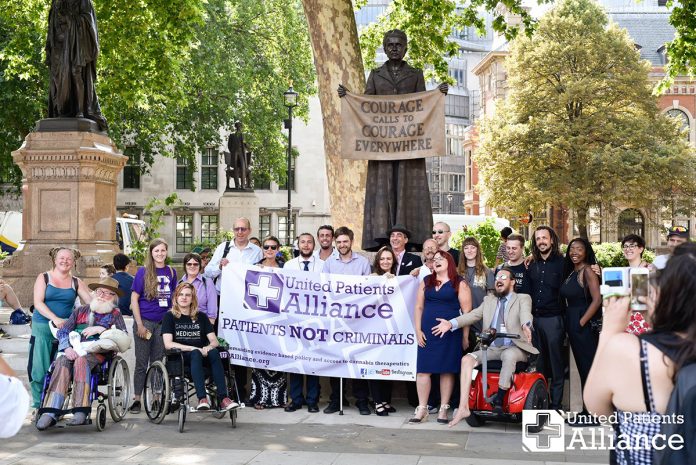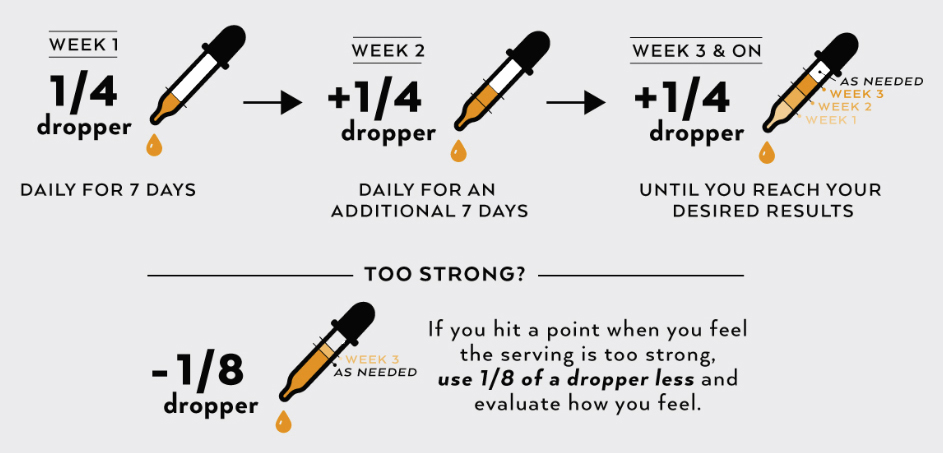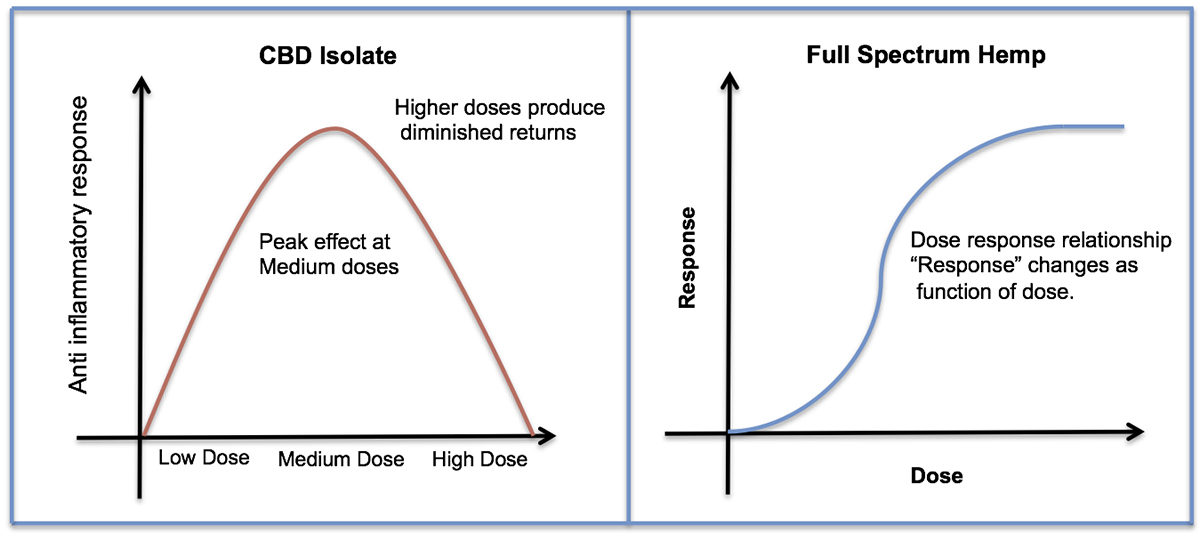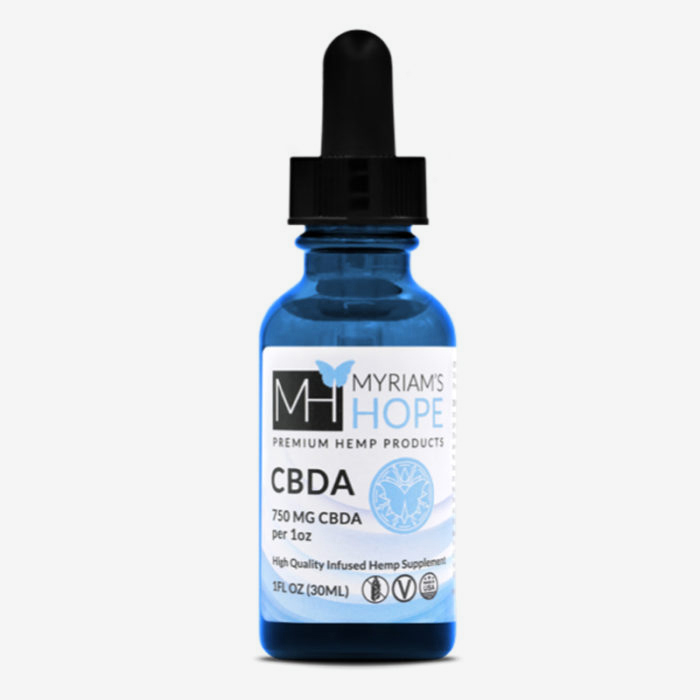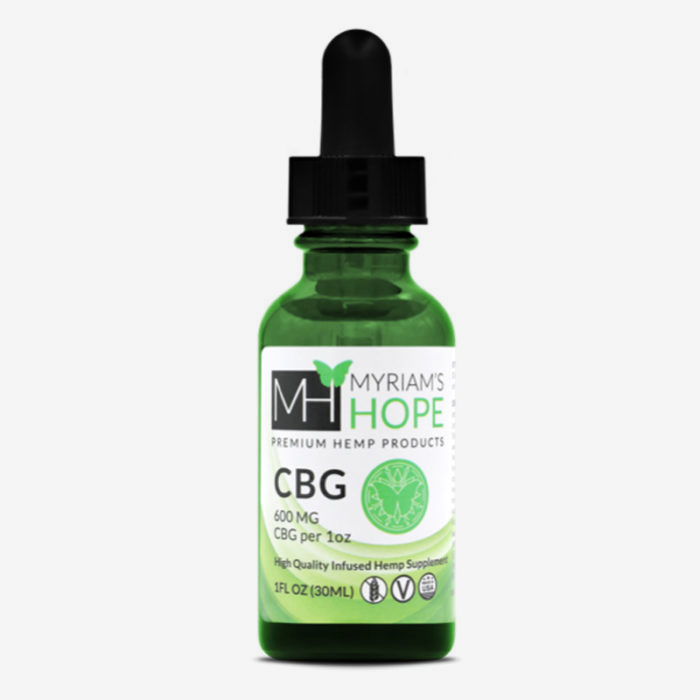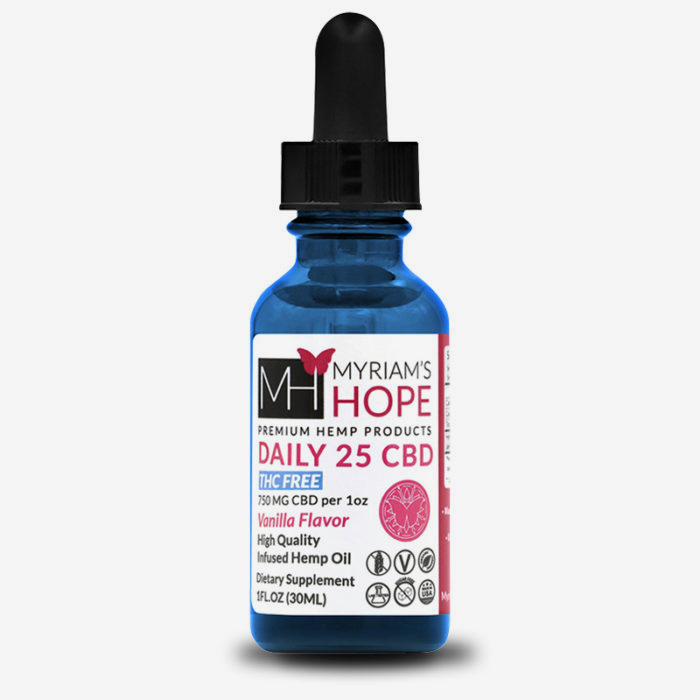Savage Cabbage Ltd offer their expert advice on what dosage of CBD users should be taking and answers other often asked questions, in this in-depth article
There is no correct cannabidiol (CBD) dose, indeed, the optimal dose for the individual Consumer could depend on many factors, including CBD tolerance, body weight, the type of CBD product being taken, or its concentration. Basically, we are all different people with different needs with regards to the dosage of CBD, the method of finding your sweet spot is clearly a personal journey, using the guide below will and can help to establish this if you are using oil-based products.
As can clearly be seen, the isolate displays a bell-shaped response curve, whereby an increase in dosage results in an optimal phase followed by a drop-off effect, conversely the full-spectrum hemp displays a plateau phase and no drop-off.
In our opinion, it is always wise to look for a whole plant hemp extract (full-spectrum) when researching a CBD product to use, although at savage- cabbageltd.com, we do stock a range of products to satisfy our customers’ requirements, ranging from whole plant extract (full-spectrum) THC free (broad spectrum), isolate (only CBD) CBG or CBDA (we will discuss these products later).
However, it has been evidenced through scientific research that full-spectrum hemp, which contains all the plants cannabinoid, terpenes and flavonoids etc, is far superior to a CBD isolate product.
The dose-response curves in the following schematic display the results discovered by Dr Stefan Kuprowsky BSc, MA Naturopathic – who endorses the importance of full-spectrum whole plant extract.
Can I overdose on CBD
In a word no, because CBD is considered non-toxic and it produces few side effects but when they occur, they are typically minor. A recent report by the National Cancer Institute notes that overdosing on CBD is virtually impossible and the same is true for THC (Tetrahydrocannabinoid) because cannabinoid receptors, unlike opioid receptors, are not located in the brainstem areas controlling respiration and lethal doses from cannabis and cannabinoids do not occur.
What is tolerance and what can I do to help deal with it?
CBD consumers may develop a tolerance over time, which can result in a reduced effect from the same dose. A method used by many of our customers to help deal with this situation is to stop taking their CBD product for 48 hours to give their endocannabinoid system a chance to reset and then start back on their sweet spot dose again. Conversely, some have reported that after a few months of taking their CBD product, they find that they don’t need as much and manage to decrease their dose while maintaining the same effect, which you could describe as reverse tolerance, so to reiterate, we are all different people.
Some of our customers are reporting that they cycle between two or three different quality CBD products (for example, they spend two to three months on each product, in turn) as a means of controlling tolerance.
It’s been suggested that as the plant is used for each different product, there will be a different strain and, therefore, the composition will slightly differ from one product to another. Here, the development of tolerance is not being experienced, although there is no science-based evidence currently available to endorse this, so feedback on this matter and methodology must carry some weight concerning tolerance.
These are the questions we asked when looking for a quality whole plant hemp extract to stock in our shop. The questions were asked as a consequence of Savage Cabbage CEO Jade Proudman undergoing a number of major operations which took their toll on her and we realised there was a need to enhance her wellbeing and improve her homeostasis.
We discovered that Charlotte’s Web Oil is a full-spectrum hemp extract, more than just a CBD oil, with many beneficial compounds that come from their plants containing more than 80 other phytocompound including cannabidiol (CBD) cannabigerol (CBG) cannabichromene (CBC) along with terpenes and flavonoids.
Can body weight affect the dose I require?
Generally, a person’s body weight plays a part in how little or how much CBD affects the body. As a rule of thumb, the heavier the person the higher the dose, conversely lighter people may feel the same benefit with a lower dose, but there is a factor that some individuals are more sensitive to CBD than others.
How do I get guidance or help with dosage? What if I am taking medication?
Only a qualified medical practitioner who is educated and has full knowledge of the CBD products available can give dosage advice (Good luck finding one in the UK). If you are taking medication and/or require guidance with CBD products, The Realm of Caring is the contact for free professional guidance. They are a charity based in the U.S. with a team of professionally trained individuals who will help with your enquiries and give guidance on a product and dosage. Or you could contact the United Patients Alliance.
The United Patients Alliance support approximately 20,000 patients in the UK who are already successfully utilising cannabinoid therapy.
Established in July 2014, with the support of Professor David Nutt and Caroline Lucas MP, United Patients Alliance was founded to represent the interests of patients choosing to consume medical cannabis to treat their chronic conditions. With some of the most vulnerable members of society facing up to 14 years in prison, they call attention to the injustice of prosecuting individuals for consuming medicine legal elsewhere in the world.
Despite the wide body of clinical evidence supporting medical cannabis use and a change in Drug Policy in November 2018, moving cannabis to schedule 2, patients are still being denied safe access to a medication with a proven record of safety and efficacy. The team at United Patients Alliance are all patients themselves with life- limiting conditions; cannabinoids have not only allowed them to elevate their own lives, but they now operate a platform that provides support to many thousands of people with unmet needs, providing tireless advocacy, community support, patient forums, educational tools and harm reduction advice nationwide.
United Patients Alliance have been commissioned to assist with the facilitation of Project Twenty21 as part of Drug Science’s Medical Cannabis Working Group. The project seeks to deliver a trial model that will see that 20,000 patients are placed onto trials over the next 24 months.
Carly’s Amnesty
Patients in the UK are currently in a very difficult position. Despite recent changes to the scheduling that has seen private clinics write prescriptions on a daily basis, those who can’t afford to buy immunity from prosecution are still being criminalised for consuming medicine that has drastically changed their lives. With the NHS seemingly years away from embracing this new library of medicines, patients are living with a two-tier system; if you can afford it, you are a patient, if you cannot you are criminalised. “I am a criminal, only because I cannot afford to sustain my £1,500 a month private prescription,” says Carly Barton, who has spearheaded a campaign to allow patients the rights to domestic cultivation while policy catches up.
This would mean that patients would be able to cultivate their own strains that are most suitable for them and often higher in the non-psychoactive cannabinoid CBD. If granted, patients would be able to avoid potentially dangerous products often sold by dealers. They would also remove themselves from being financially complicit in the criminal market.
“This is the VERY least we can do for these patients if the NHS is not prepared to advance access swiftly. These people have already been through so much, they have usually weaned off highly addictive pharmaceuticals in favour of a more suitable, natural treatment that works better for them. To have your wellness criminalised does not make any sense. We, as a country, need to answer this question: if patients are already benefiting in the meantime, do they deserve to live in fear of a kick through the door in the night?”
In a short few months, Carly’s Amnesty has gained endorsements and support from all political parties as well as the Police Federation, the Police Foundation and Crime Commissioners across the country. It is on the agenda for discussion at the next Drugs Strategy Board meeting at the Home Office.
What does full-spectrum mean?
Full-spectrum CBD oil includes a wide range of cannabinoids present in the cannabis or hemp plant. Full-spectrum CBD also contains a variety of essential vitamins, minerals, fatty acids, protein, chlorophyll, terpenes and flavonoids.
What does broad spectrum mean?
Broad-spectrum CBD is full-spectrum CBD without any THC. It offers all the entourage benefits associated with full-spectrum CBD, without any chances of THC being ingested into the body. Broad-spectrum CBD is an excellent choice for individuals that can’t have any traces of THC is their system. However, it must be noted that in some products there may be a trace of THC.
What does isolate mean?
CBD isolate contains only CBD All the plant matter contained in the hemp plant, including oils, waxes, chlorophyll and more are removed, offering a finished product that’s CBD and nothing more.
What is CBDA (Cannabidiolic acid)?
CBD has largely been viewed as the most promising of the cannabinoids for enhancing your health and wellbeing and medicinal research and as such, CBDA was overlooked, however, the new trend in raw juicing cannabis leaves has reignited the interest in CBDA. To view MYRIAM’S HOPE THC FREE DAILY 25 CBD 30ML, please visit this link.
CBDA is the precursor for CBD, CBDA is found in the raw plant material and is the acidic precursor to active CBD. Both CBDA and CBD first develop in the plants as cannabinoid cannabigerol (CBGA) once an available enzyme is present, CBDA synthase, it converts CBGA to CBDA. From here, CBD is formed from CBDA via the process of decarboxylation, which involves applying heat to remove the carboxyl group. The decarboxylation can also happen during vaporising, cooking and during the drying process of the plant matter.
What are the benefits of CBDA?
Research has suggested that CBDA has the potential for pain relief, reducing inflammation, as an appetite suppressant, reducing seizures, promoting bone growth and inhibiting cancer cell growth. However, no clinical trials have been carried out as yet and more research is needed as CBDA is much more than the inert cannabinoid that the scientist originally thought. You can find out more here.
What is CBG (Cannabigerol)?
CBG is the non-acidic form CBGA and GBGA is the parent molecule from which several additional cannabinoids are produced. Once the plant is fully matured, the majority of the CBG within the plant is already converted into CBGA which turns into other cannabinoids. CBG is often described as the parent of other cannabinoids.
Please note: This is a commercial profile

